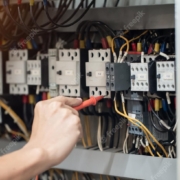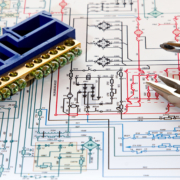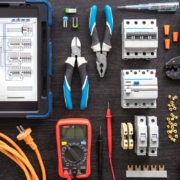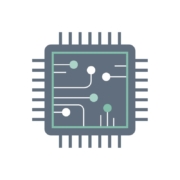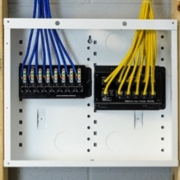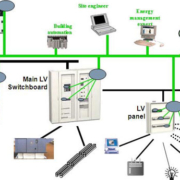Electric power system design
Electric power system design
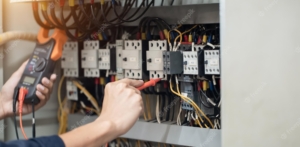
The electric power system is a complex network of components that are responsible for delivering electrical energy from power plants to end users. As technology advances, the design of these systems needs to be optimized for reliability, efficiency, and scalability.
Engineers are now leveraging the latest technologies such as artificial intelligence and machine learning to create smarter and more efficient designs for electric power systems. By utilizing these advanced tools, engineers can create models that identify potential vulnerabilities in the system, analyze system performance metrics, optimize component placement, and reduce operational costs.
The use of AI-driven design tools has become increasingly popular in the industry due to its ability to uncover insights from vast amounts of data and provide accurate predictions. These tools allow engineers to quickly generate detailed designs that are tailored to specific customer needs while maintaining safety and compliance standards.
The design of an electric power system is a complex undertaking that requires the integration of multiple components. From transmission and distribution lines, to substations and transformers, to generators and motors — a reliable, efficient electric power system need to be designed with precision. With the help of AI writing tools, designers can ensure that their designs meet all the necessary requirements for a well-functioning electric power system. AI writers can also provide detailed instructions on how to assemble the different components in order to ensure optimal performance in all conditions.
Electrical power system design is an essential part of modern infrastructure. As technology continues to evolve, so does the way we design and build these systems. Electric power system design involves a variety of aspects, from understanding the electrical components and their interactions, to creating efficient designs that can be implemented in a safe manner. This article will explore the fundamentals of electrical power system design, including various use cases and considerations for designing efficient systems.

